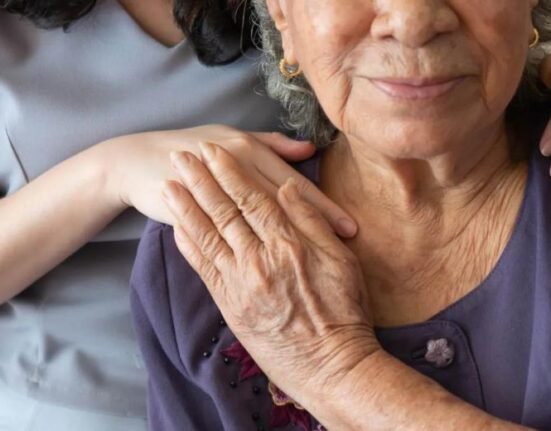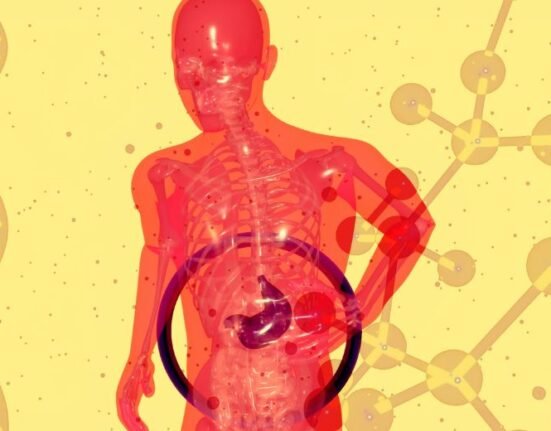HQ Team
January 11, 2023: Consumption of fast food may lead to nonalcoholic fatty liver disease, a life-threatening condition, according to researchers from the Keck School of Medicine of the University of Southern California.
People with obesity or diabetes who consume 20% or more of their daily calories from fast food have severely elevated fat levels in their livers compared to those who consume less or no fast food.
People with obesity or diabetes who consume 20% or more of their daily calories from fast food have severely elevated fat levels in their livers compared to those who consume less or no fast food.
The general population has moderate increases of fat building up in their liver when one-fifth or more of their diet is fast food.
“Healthy livers contain a small amount of fat, usually less than 5%, and even a moderate increase in fat can lead to nonalcoholic fatty liver disease,” said And Kardashian, a hepatologist with Keck and lead author of the study.
Fat build-up in the liver
“The severe rise in liver fat in those with obesity or diabetes is especially striking, and probably because these conditions cause a greater susceptibility for fat to build up in the liver.”
Kardashian and colleagues analyzed the most recent data from the nation’s largest annual nutritional survey, the 2017-2018 National Health and Nutrition Examination Survey, to determine the impact of fast-food consumption on liver steatosis or nonalcoholic fatty liver disease.
Earlier research has shown a link between fast food and obesity and diabetes. This is one of the first studies to demonstrate the negative impact of fast food on liver health, Kardashian said.
The findings also reveal that a relatively modest amount of fast food, which is high in carbohydrates and fat, can hurt the liver.
One-fifth of calories
“If people eat one meal a day at a fast-food restaurant, they may think they aren’t harming,” she said. “However, if that one meal equals at least one-fifth of their daily calories, they are putting their livers at risk.”
Liver steatosis can lead to cirrhosis or scarring of the liver, which can cause liver cancer or failure. Liver steatosis affects over 30% of the US population.
The study characterized fast food as meals, including pizza, from either a drive-through restaurant or one without wait staff.
The researchers evaluated the fatty liver measurement of approximately 4,000 adults whose fatty liver measurements were included in the nutritional survey and compared these measurements to their fast-food consumption.
Of those surveyed, 52% consumed some fast food. Of these, 29% consumed one-fifth or more daily calories from fast food. Only 29% of survey subjects experienced a rise in liver fat levels.
Consumption rising
The association between liver steatosis and a 20% fast-food diet held steady for the general population and those with obesity or diabetes even after data were adjusted for multiple other factors such as age, sex, race, ethnicity, alcohol use and physical activity.
“Our findings are particularly alarming as fast-food consumption has gone up in the last 50 years, regardless of socioeconomic status,” said Kardashian.
“We’ve also seen a substantial surge in fast-food dining during the Covid-19 pandemic, probably related to the decline in full-service restaurant dining and rising rates of food insecurity. We worry that the number of those with fatty livers has gone up even more since the time of the survey.”
The only way to treat liver steatosis is through an improved diet.








